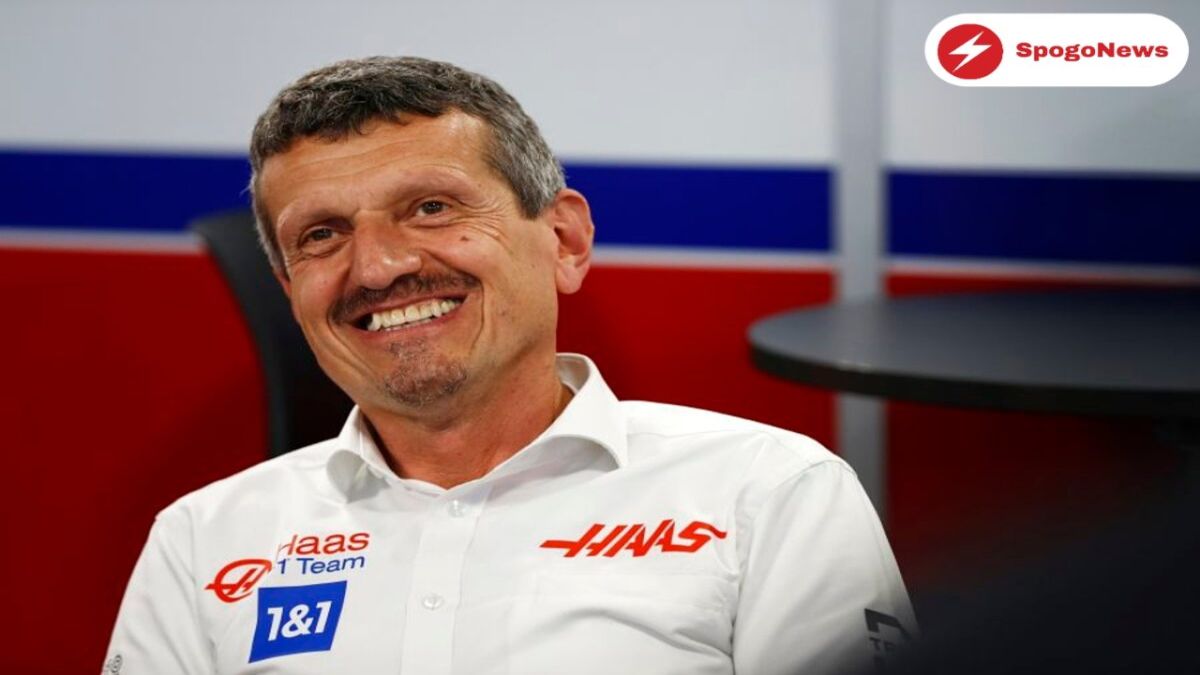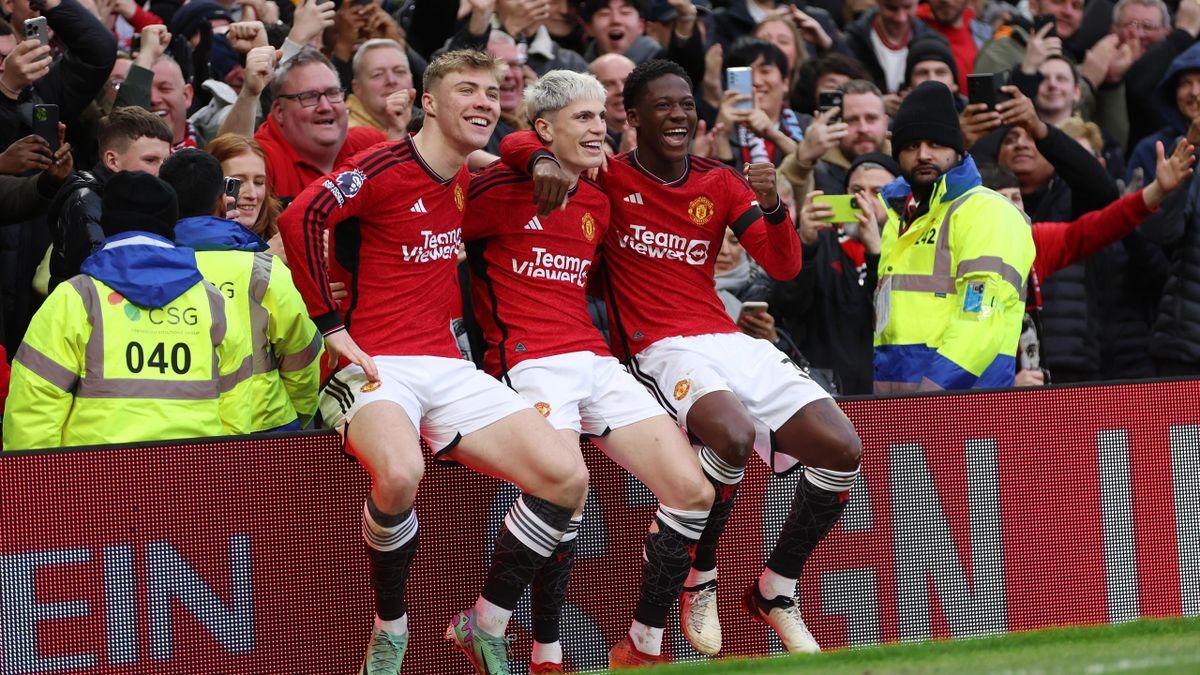(Motorsports news) F1’s This week, Haas revealed that it would continue to field Kevin Magnussen and Nico Hulkenberg as its drivers through 2024. Gunther Steiner, the team’s principal, lauded their expertise, noting that Haas had fired teenage driver Mick Schumacher after his two multi-million dollar car-snapping crashes that necessitated abandoning F1’s 2022 enhancements in order to stay inside the cost constraint.
Along with the financial limitations, the switch to a sprint race style with only one practice session before qualifying has increased the pressure on drivers to start fast each weekend. James Vowles, the head of the Williams team, thinks that these factors, along with the Alternative Tyre Allocation qualifying structure being tested this season, imply that F1 needs to “rethink” because doing so runs the risk of favoring seasoned drivers at the price of young potential.
“How we are now with the ATA format, F1 sprint race format, and wet weather as well as appearing pretty much most weekends – you’re in a situation where [a rookie driver’s] learning cycle is significantly reduced relative to what I knew five, 10, 15, or more years ago,” the former Mercedes strategy head remarked.
Because eventually we’ll find ourselves in a situation where we’re not adding new drivers at the rate we want to, I believe it’s definitely worth rethinking at some levels what we can do to assist drivers in that situation. “Or, we have to keep them in the car for so long that you’ll endanger your [team’s] performance. That needs further discussion.
Franz Tost, the outgoing CEO of AlphaTauri, referred to the F1 calendar, which included Saudi Arabia, Melbourne, and Miami in its first five races—tracks that FIA F2 drivers have little experience on. The Austrian added that the present commercial boom in Formula One has lessened the incentive for a team to support a novice driver.
It has become far more difficult for rookie drivers to enter Formula 1 than it was a few years ago, according to Tost, who estimated that a driver requires up to 6000km of private testing before entering the sport.
Why? The field is first of all extremely compact. In terms of money, ten or fifteen years ago, you might have received twenty or thirty million dollars for finishing in the top ten of the constructors’ championship. “Today, you receive 70 to 80 million. That indicates a significant difference.
“The direction will go in the way that you try to have experienced drivers in because otherwise you are at the back of the constructors’ championship. “If you want to bring in a rookie driver, you really need to prepare him in the best way or else there’s no chance,” he continued.
Also read: Ahead of the Dutch GP, Mercedes and Aston Martin reveal the newest F1 enhancements













